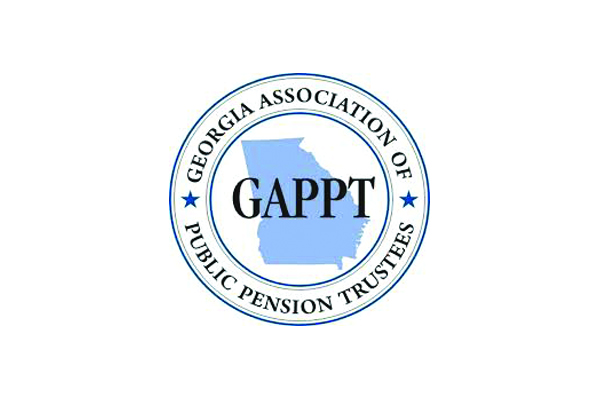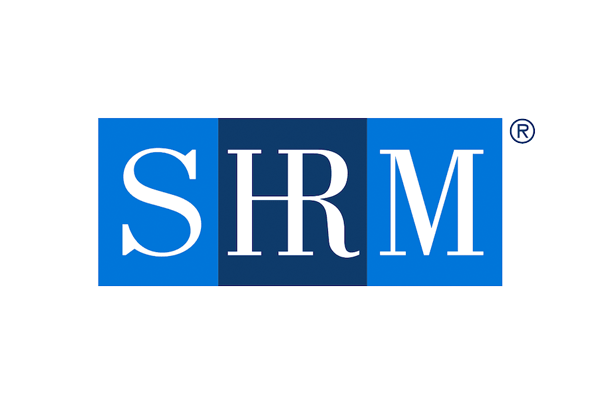Our strategic consulting services save organizations millions of dollars on employee benefits.
Our strategic consulting
services save organizations
on employee benefits.
News You
Can Use
Stay current on industry trends and get tips for managing thorny benefit plan issues.
RELIABLE GUIDANCE
We have decades of experience helping organizations navigate their toughest benefits challenges.
We offer an array of defined benefit, defined contribution and health & welfare plan consulting services.
Browse ServicesSATISFIED CLIENTS
We've built a reputation for service that goes above and beyond to make every engagement a success.
We've worked with some of the world's most recognized brands. Our success stories speak for themselves.
Show Me!Frequently Asked Questions
A: With vendors merging, exiting, rebranding, and evolving fast, keeping up with industry changes can be overwhelming. Yet these shifts can have real consequences for your plan’s service levels, costs, and vendor alignment over time. SBA actively tracks provider movement and market trends to help you make sense of what matters for your organization.
Consolidation isn’t just about M&A headlines. It changes how vendors operate behind the scenes. Some firms re-enter the market with entirely new delivery models, while others reduce their scope of services or shift focus without formally exiting. Offshoring strategies continue to evolve, and niche providers are growing in influence, sometimes offering better cultural or operational alignment for certain plans.
Even the RFP process itself looks different than it did just a few years ago as plan sponsors rethink their requirements around reporting, data security, AI capabilities, and the participant experience.
Understanding how these shifts intersect with your specific plan structure, service expectations, and long-term goals is key. SBA can help you assess those impacts and move forward with confidence—whether that means staying the course, revisiting your vendor strategy, or preparing for change.
A: Start by asking whether the issues are fixable or fundamental. If service gaps stem from breakdowns that can be addressed with the right structure and accountability, vendor recovery may be the better path. But if your vendor has lost your trust or can’t meet your long-term needs, it might be time to move on. SBA can help you make that determination.
When vendor issues begin to distract your HR team or trigger frequent employee complaints, it’s natural to question whether the relationship is still viable. While going out to bid may seem like the most straightforward fix, it often introduces new challenges—such as implementation costs, data transition risks, and potential service disruptions.
That’s why it’s worth considering vendor recovery first. This structured, third-party-led process identifies root causes on both sides and puts a plan in place to restore performance and rebuild trust. When it works, recovery can stabilize the relationship without the disruption of a full vendor transition.
However, not all relationships are salvageable. If your vendor consistently misses the mark, avoids accountability, or can’t align with your evolving needs—even after corrective efforts—it may be time to go to bid.
A: Start with clarity: What services do you need, and what outcomes are you expecting? Then create consistent evaluation criteria to compare vendors on more than just price. Look for alignment with your goals, delivery model, and values. Plan sponsors trust SBA to lead the full RFP process, from defining selection criteria to scoring vendor proposals and guiding final decisions.
Whether you're selecting a benefits administrator, a H&W broker/consultant, or an investment advisor, the fundamentals of smart vendor selection remain the same. It begins with defining your scope and success metrics. What does “good” look like for your team, your participants, and your stakeholders?
Once that’s established, objective, well-structured evaluation criteria help level the playing field. These criteria should reflect your priorities, from user experience and data integration to service model and scalability. That way, vendor comparisons aren’t just about cost—they’re about fit.
SBA has supported vendor evaluations across a wide range of HR and benefits functions. We help plan sponsors identify hidden risks, surface meaningful distinctions, and navigate site visits, demos, fee structures, and contracts with greater confidence. Our goal isn’t just to get you to a decision—it’s to help you make the right one.
A: You get better outcomes when your benefits partner does more than advise—they execute. SBA combines deep technical expertise with hands-on support to help plan sponsors make decisions that improve service, control costs, and reduce internal strain. We don’t stop at recommendations. We stay until the results show up.
The best outcomes start with partnerships built on trust, transparency, and deep subject matter knowledge. SBA’s approach is hands-on and collaborative. We work shoulder-to-shoulder with clients to address the full spectrum of benefits challenges, drawing on decades of experience in consulting, actuarial analysis, outsourcing, and vendor operations.
Every engagement is customized to your goals, and we act as an extension of your internal team—not just outside advisors. Clients choose SBA because we’re independent, responsive, and committed to advocacy. We don’t just hand off a strategy, we help implement it, troubleshoot along the way, and stay accountable for results.
A: Don’t treat renewals as routine. They’re a chance to revisit pricing, scope, and performance and push for terms that reflect your current priorities. SBA conducts detailed contract reviews and brings deep negotiation experience to help plan sponsors secure stronger, more accountable agreements.
Contract renewals are often rushed, but they shouldn’t be. They represent a key opportunity to reassess not only pricing, but also service levels, risk exposure, and whether the vendor relationship still meets your evolving needs. That means reviewing vendor performance against SLAs, comparing current rates to market benchmarks, and identifying areas where the terms no longer serve you.
SBA carefully reviews contracts to identify vague language, misaligned incentives, and hidden liabilities. With experience negotiating hundreds of HR and benefits agreements, we equip plan sponsors to approach renewals with clarity and confidence, resulting in contracts built for long-term performance, transparency, and accountability.
A: At SBA, our role is to be objective and data-driven at all times. We don’t sell financial or insurance products, receive commissions, or have ties to the vendors we evaluate on behalf of clients during RFP searches. That independence means our advice is guided solely by your goals. Our focus is on helping you optimize your benefits strategy, improve vendor performance, and reduce costs—all with an eye on ensuring you fulfill the required fiduciary duties to your participants.
It’s a common misconception to lump us in with brokers or investment advisors, but SBA plays a very different role. As an independent firm, we rely solely on data and our clients’ best interests, enabling us to design strategies rooted in fiduciary principles and focused on measurable outcomes. Our culture is centered on partnership, retention, and results.
In short: SBA is built to serve, not to sell. That’s why our clients get advice they can trust, grounded in data, transparency, and their best interests.
PROFESSIONAL RECOGNITION















